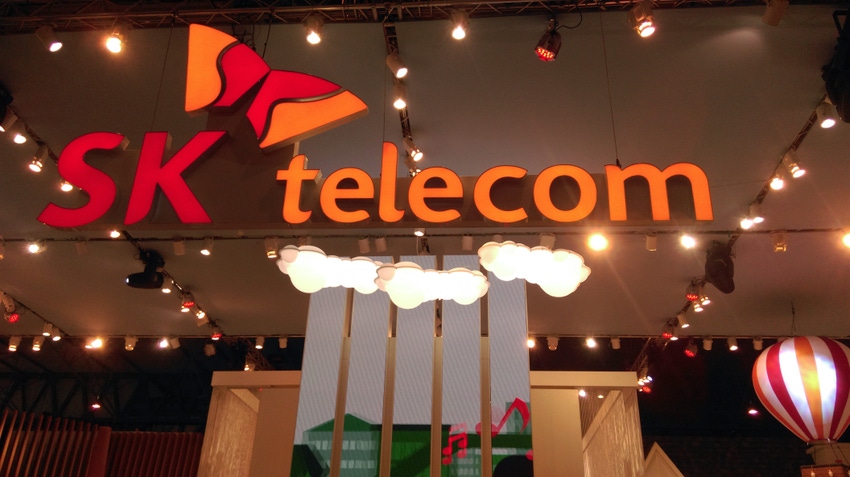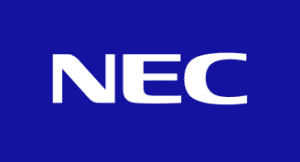Naturally 5G has been one of the most talked about topics of this year’s Mobile World Congress with numerous around the matter been made even before the event from companies including Nokia and Ericsson. While many operators in Europe continue with their LTE roll-outs, South Korea’s SK Telecom has recently shown a lot of push towards the next generation. CTO Alex Jinsung Choi told Telecoms.com why the operator is already so keen on 5G.
March 3, 2015

Naturally, 5G has been one of the most talked about topics of this year’s Mobile World Congress; with numerous announcements having even been made before the event from companies including Nokia and Ericsson. While many operators in Europe continue with their LTE roll-outs, South Korea’s SK Telecom has recently shown a lot of push towards the next generation. CTO Alex Jinsung Choi told Telecoms.com why the operator is already so keen on 5G.
“We always want to be the front-runner when it comes to new technologies but that motivation doesn’t justify all our investments, it’s a big investment,” Choi said. “There is a big gap between different markets in terms of technology roll-out. The European operator community is still busy worrying about their LTE networks whereas North Eastern Asia, Korea, Japan, China- they have been more proactive, more aggressive and more ambitious when it comes to future network technologies.
“North East Asian operators strongly promote 5G, and what’s so important for them, including us, is not just the technology but our LTE market is pretty much mature so it’s time to move on. Our LTE penetration will probably reach 80% by the end of this year, and in the next two or three years 90% in the Korean and Japanese markets.”
In South Korea, 5G development is also high on the national agenda because of the looming 2018 Winter Olympics. “Most countries in the world want to take advantage of major sporting events to showcase their 5G initiatives so this also motivates us.”
Although Choi says the South Korean government urges the industry to go forward with their 5G strategies, he admits spectrum is a major concern. “Regulators are so tied up with their spectrum licencing that they don’t know what they’re going to do regarding 5G spectrum. But there is a lot of spectrum available in the higher bands beyond 6GHz. If you’re trying to spare some spectrum [for 5G] from the lower bands below 6GHz it’s going to be extremely tough as the whole spectrum [in those frequencies] is already occupied.”
“We are talking to our local regulators and we are very fortunate it is part of our national agenda, the government has started a spectrum plan for 5G. They will give us a 5G spectrum licence by 2018 for sure. Otherwise we can’t do the test event as we have planned.”

SK Telecom’s exoskeleton-powered 5G robot demonstration in process at Mobile World Congress 2015 in Barcelona.
Meanwhile in Europe the 5G PPP, the Public Private Partnership between the European Commission and industry community, has announced its vision for the next-generation technology, saying the focus is on creating a single digital economy. It said this is a vital step in ensuring Europe catches up with more advanced markets in Asia and the US.
According to the organisation, 5G is not just about developing a new and better technology but also represents other opportunities. “European society and economic performance will strongly rely on 5G infrastructure in the years beyond 2020,” 5G PPP said. “5G is more than an evolution of mobile broadband technology. It is an enabler for a truly digital society with ubiquitous, ultra-high-speed communications infrastructure that will support all economic sectors as well as ever-growing consumer demand for new services.
“5G is also an opportunity for the European ICT sector, which is already well positioned in the global R&D race and contributes about 5% to Europe’s GDP, to expand its leadership position globally.
Sometimes it seems that while Europe focuses on having summit after summit to discuss the EC-trumpeted single digital economy, our Asian counterparts are pushing forward with technology development and adoption full speed. However, on countless occasions it has also been said by pretty much all parties around the globe that 5G must be a universal and global technology with a harmonised base. So the sometimes painstakingly slow process of ironing out a common agenda is probably unavoidable to make this happen.
Telecoms.com’s coverage of Mobile World Congress 2015 is sponsored by NEC.


NEC brings together and integrates technology and expertise to create the ICT-enabled society of tomorrow. We collaborate closely with partners and customers around the world, orchestrating each project to ensure all its parts are fine-tuned to local needs. Every day, our innovative solutions for society contribute to greater safety, security, efficiency and equality, and enable people to live brighter lives. Read more…
About the Author(s)
You May Also Like








.png?width=300&auto=webp&quality=80&disable=upscale)


_1.jpg?width=300&auto=webp&quality=80&disable=upscale)


.png?width=800&auto=webp&quality=80&disable=upscale)